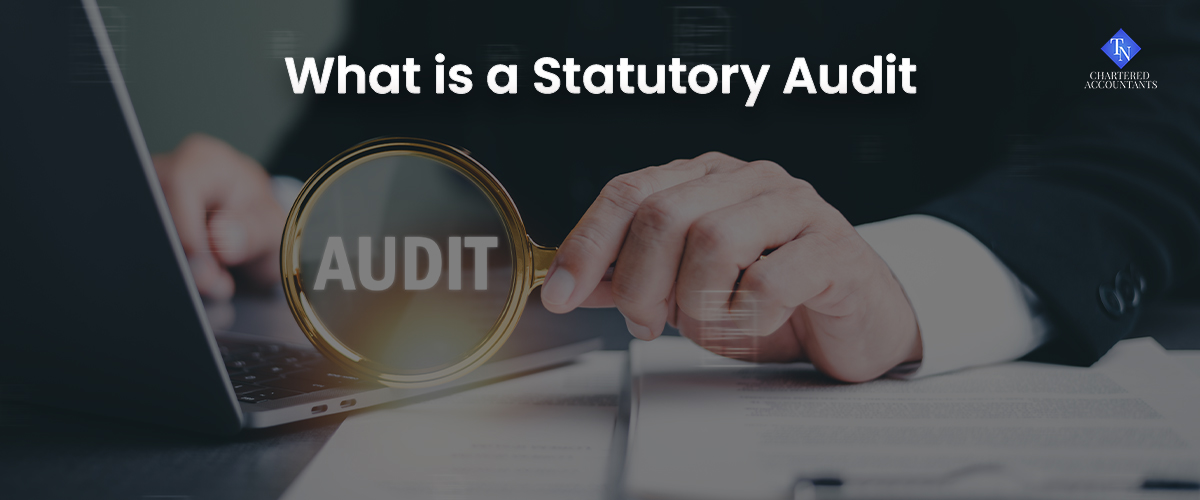
A statutory audit in Singapore ensures businesses obey financial laws and report financial data truthfully. Companies crossing set thresholds must undergo this audit to confirm records, uncover fraud, and strengthen investor trust. Auditors examine financial statements to spot errors, mismanagement, or legal violations. This process reassures stakeholders about a company’s financial health. Understanding statutory audits, their purpose, and how they differ from other audits helps businesses stay compliant. This guide explores statutory audits in Singapore in depth.
What Is a Statutory Audit?
A statutory audit is a government-required financial review. It confirms that a company’s financial reports match Singapore’s accounting standards and legal rules. Auditors inspect financial transactions, track spending, and check whether accounts reflect reality.
Singapore’s Companies Act outlines which businesses must conduct statutory audits. Companies meeting specific financial criteria must submit audited financial statements to regulators. This process strengthens transparency and ensures businesses report their financial position truthfully.
Statutory Audits: A Brief Overview
A statutory audit does more than fulfil legal obligations. It strengthens financial credibility, reassures investors, and exposes irregularities. Independent auditors conduct these audits by:
- Reviewing financial statements – They examine income, expenses, and assets.
- Testing internal controls – They assess financial management systems.
- Identifying financial risks – They uncover inconsistencies and weaknesses.
- Ensuring legal compliance – They verify adherence to Singapore’s accounting standards.
Statutory audits help companies improve financial accuracy, reinforce corporate governance, and attract investors.
Which Companies Must Conduct Statutory Audits?
Not all companies in Singapore require statutory audits. Businesses must conduct audits if they:
- Are public companies – All publicly listed firms must complete annual audits.
- Are part of a corporate group – Subsidiaries of audited parent companies may need audits.
- Exceed two of these financial criteria for the past two years:
- Total revenue over SGD 10 million
- Total assets above SGD 10 million
- More than 50 employees
Private companies below these limits qualify as “small companies” and do not need audits. However, regulators may demand audits in specific cases.
How Companies Use Statutory Audits
A statutory audit serves multiple purposes beyond legal compliance. Businesses rely on audit results to:
- Strengthen financial accuracy – Audits expose misstatements and prevent errors.
- Reinforce investor confidence – Lenders, suppliers, and shareholders depend on audits for decision-making.
- Improve financial strategies – Auditors provide insights that sharpen financial management.
- Detect fraud and mismanagement – Audits uncover financial irregularities before they escalate.
Regulatory agencies such as the Accounting and Corporate Regulatory Authority (ACRA) and the Inland Revenue Authority of Singapore (IRAS) use statutory audits to verify tax compliance and financial integrity.
What Distinguishes a Statutory Audit from a Regular Audit?
A statutory audit differs from other audits in scope and execution.
| Feature | Statutory Audit | Regular Audit |
| Objective | Ensures legal compliance in financial reporting | Evaluates business operations and internal risks |
| Conducted by | Independent external auditors | Internal auditors or financial consultants |
| Regulatory Scope | Follows Singapore’s financial reporting standards | Tailored to specific business needs |
| Frequency | Mandatory for eligible businesses | Conducted as needed by management |
Regular audits help businesses refine operations, while statutory audits focus on financial and legal accuracy.
What Type of Audit Is a Statutory Audit?
A statutory audit falls under external financial audits. It involves:
- Independent assessment – Auditors inspect records without company influence.
- Regulatory oversight – Companies demonstrate compliance with financial laws.
- Financial transparency – Reports offer stakeholders an accurate financial snapshot.
Unlike internal audits, which focus on business processes, statutory audits verify financial accuracy and legal compliance.
Who Must Conduct a Statutory Audit?
Statutory audits in Singapore apply to:
- Large and medium-sized businesses – Companies exceeding financial thresholds require audits.
- Public companies – Listed firms must conduct audits annually.
- Regulated businesses – Specific industries must perform audits by law.
- Government-grant recipients – Organisations receiving public funds may need audited financial statements.
Companies below audit requirements may still choose voluntary audits to strengthen credibility, improve governance, and reassure stakeholders.
Final Thoughts
A statutory audit in Singapore safeguards financial integrity and upholds legal standards. Companies crossing specific financial thresholds must undergo these audits yearly. The process uncovers fraud, reassures investors, and strengthens corporate governance.
Even companies not required to conduct statutory audits gain from financial oversight. Hiring professional auditors ensures compliance, curbs financial risks, and boosts business reputation. Understanding statutory audits helps companies act responsibly and make sound financial choices.


